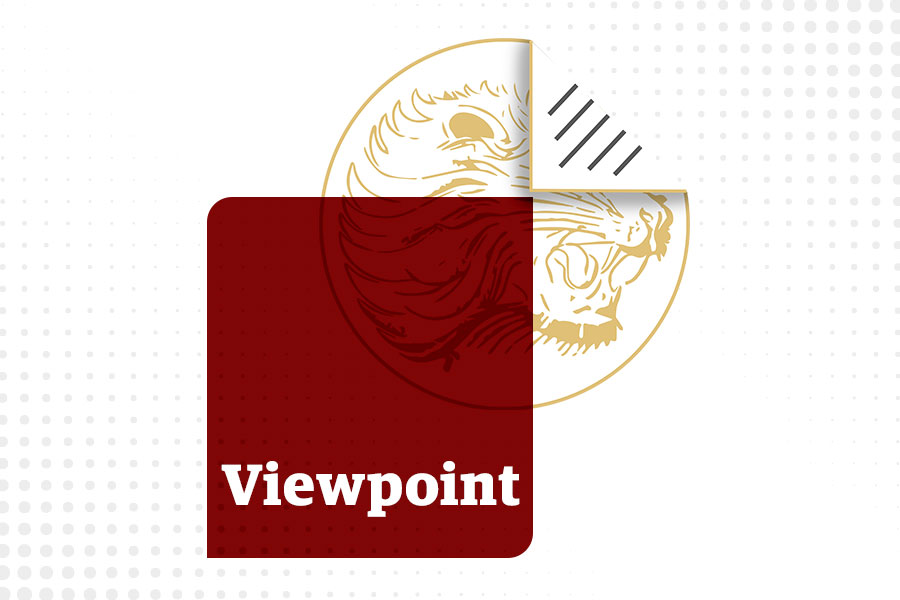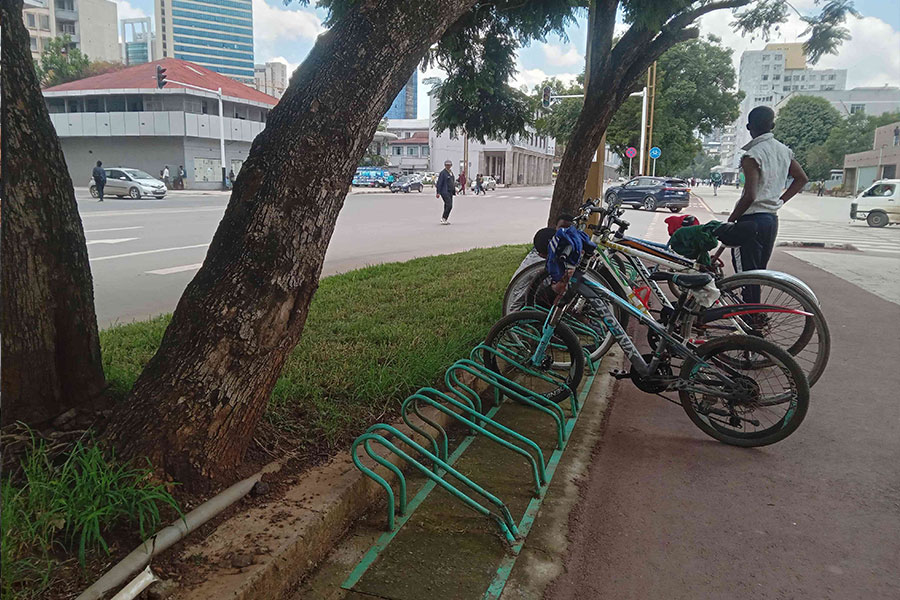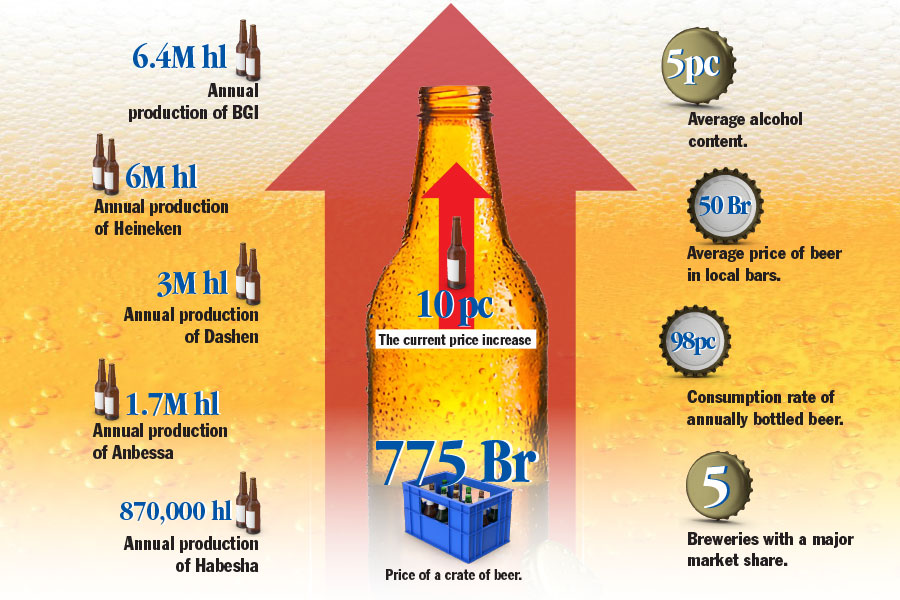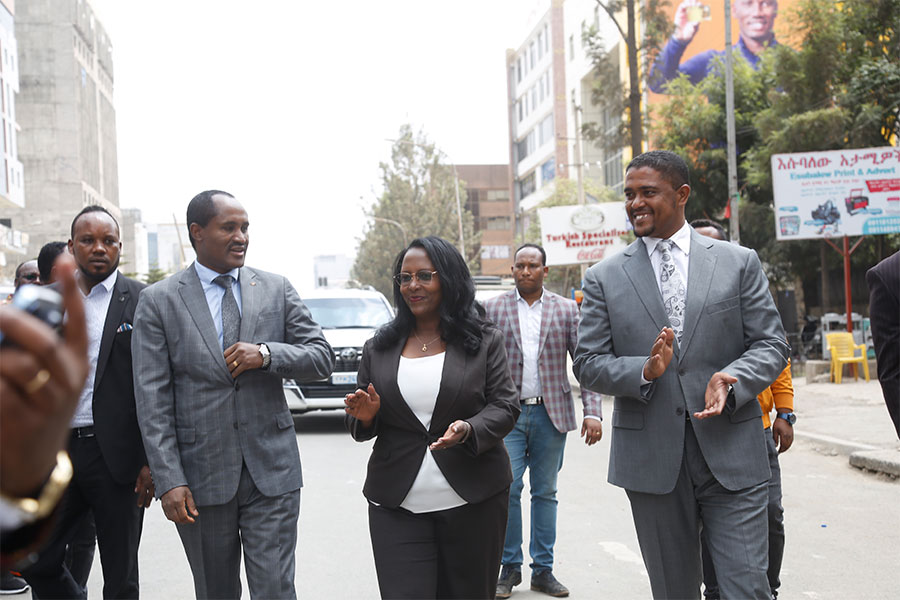
Fortune News | Oct 01,2022
Transport authorities have introduced unique license plates to vehicles owned by individuals with disabilities following allegations of misuse of duty-free import privileges.
Dagmawit Moges, minister of Transport & Logistics, issued a directive two months ago compelling beneficiaries to replace their plates with updated tags by next month. The new plates will emboss the universal wheelchair symbol and a designated code. Authorities hope to see the change address the “rampant” misuse of the privileges by transferring the imported vehicles to third parties.
The directive granting persons with disabilities duty-free privileges to import vehicles for personal use was legislated in 2015 in hopes that it would ease the burden. An estimated 20pc of the population live with a disability. The directive applies only to cars with an engine capacity below 1,600cc.
“It’s no secret the privilege is being abused,” said Tatek Negash, director of communications at the Ministry of Transport & Logistics.
The law prohibits the rental or sale of vehicles imported duty-free for use by drivers of disabilities. However, the authorities’ decision angered leaders of persons with disabilities who said they were not consulted.
“The government didn’t consult us,” said Tadesse Meshaha, head of communications for the Federation of Ethiopian Associations of Persons with Disability.
The Federation’s leaders have requested an audience with Ministry officials.
“We haven’t received a reply yet,” said Tadesse.
However, public Transport Service Agency officials handed over 500 new license plates to the Ministry last week. The Agency was assigned to commission the printing of license plates late last year following the government restructuring. It replaced the former Federal Transport Authority. It has been struggling to live up to its duties. Three months ago, a shortage of Code-2 plates surfaced due to a lack of raw materials.
Solomon Ambachew, director of communications, told Fortune the issue was resolved after his office imported hot stamping foil to paint the embossed plate numbers. The Agency has printed over 8,000 license plates since. Vehicle owners are required to pay between 574 Br and 677 Br for the plates depending on size.
According to its officials, the Ministry will begin distributing the special license plates to municipal and regional transport bureaus this week. The Addis Abeba Driver & Vehicle Licensing Authority distributes plates in the capital through its 11 branch offices, and regional transport bureaus carry out the task in their respective jurisdictions.
Last year, 583 vehicles with a 218 million Br value were imported under the privileges granted to persons with disabilities. Although it jumped by 44pc compared to the previous year, the volume accounts for less than two percent of automobiles imported annually. Close to half of the vehicles were made in Japan. Vehicle manufacturers such as Toyota, Nissan, and Honda are prominent players in the global market for disabled-specialised cars, valued at 2.6 billion dollars in 2020. It is projected to reach 6.3 billion dollars in seven years, according to MarketsandMarkets Research, an Indian consulting firm that publishes strategic analysis reports.
Incorporated in 2006, Hallel Car Plc is among the dealers that bring in automobiles designed for persons with disabilities. The company imports transport vans, construction trucks, and agricultural machinery.
Moges Negash, Hallel’s sales and marketing manager, observed that the duty-free privileges considerably reduced the price of specialised vehicles.
The latest specially-modified Toyota Rush model costs 4.2 million Br at one of Hallel’s car lots in the capital. Individuals with a disability can buy the same model at half the price. The same goes for the latest Suzuki Dzire model, which retails for 950,000 Br under the privileges. Its current market value is at 1.5 million Br.
Beneficiaries must present proof of validation from health officials and support letters from the Ministry of Social Affairs to import vehicles duty-free or buy the cars from auto dealers.
“These requirements proved insufficient to combat the illegal transfer of vehicles,” said Mengistu Teferi, director of education and support at the Customs Commission.
Authorities had attempted to remedy the situation with legislation introduced last November, tightening their grip on the duty-free privileges. The revised law came with new requirements restricting the type of vehicles that could be imported. Persons with disabilities were allowed to import any vehicle model designed for drivers with disabilities. A directive from the Ministry of Finance officials limited the privilege to two- and three-wheeled vehicles for individuals with less than 100,000 Br in annual income. It is a quarter higher than the previous requirement.
Beneficiaries argue the procedures to bring in an automobile had been riddled with obstacles even before the new rules.
Tarik Tesfaye was among the beneficiaries who imported a Toyota Corolla model manufactured to accommodate the needs of persons with disabilities six years ago. It took him seven months to import the vehicle, although the standard period is two months. He criticised the authorities for their latest move.
“The new rule will make persons with disabilities more visible to the public, exposing them to various forms of discrimination,” he said.
Tadesse of the Federation wants the procedure to be more challenging for individuals who live outside the capital.
“They are required to travel for processing,” he said.
PUBLISHED ON
Aug 13,2022 [ VOL
23 , NO
1163]

Fortune News | Oct 01,2022

Viewpoints | Apr 22,2023

Viewpoints | May 01,2020

In-Picture | Aug 23,2025

Fortune News | Jul 15,2023

Fortune News | May 01,2022

My Opinion | Jul 17,2022

View From Arada | May 24,2025

Fortune News | Mar 04,2023

Fortune News | Jun 04,2022

Dec 22 , 2024 . By TIZITA SHEWAFERAW
Charged with transforming colossal state-owned enterprises into modern and competitiv...

Aug 18 , 2024 . By AKSAH ITALO
Although predictable Yonas Zerihun's job in the ride-hailing service is not immune to...

Jul 28 , 2024 . By TIZITA SHEWAFERAW
Unhabitual, perhaps too many, Samuel Gebreyohannes, 38, used to occasionally enjoy a couple of beers at breakfast. However, he recently swit...

Jul 13 , 2024 . By AKSAH ITALO
Investors who rely on tractors, trucks, and field vehicles for commuting, transporting commodities, and f...

Oct 18 , 2025
The political establishment, notably the ruling party and its top brass, has become p...

Oct 11 , 2025
Ladislas Farago, a roving Associated Press (AP) correspondent, arrived in Ethiopia in...

Oct 4 , 2025
Eyob Tekalegn (PhD) had been in the Governor's chair for only weeks when, on Septembe...

Sep 27 , 2025
Four years into an experiment with “shock therapy” in education, the national moo...